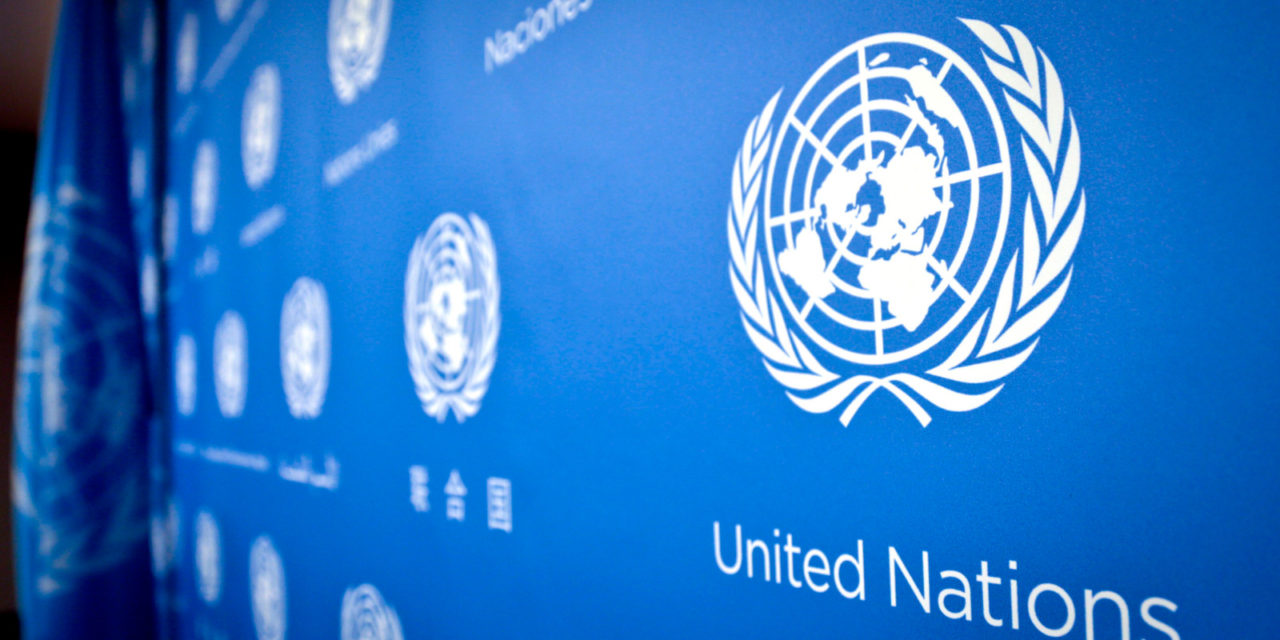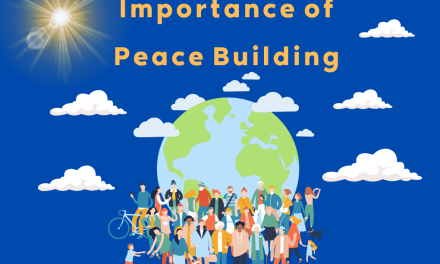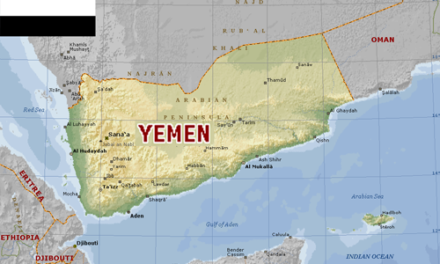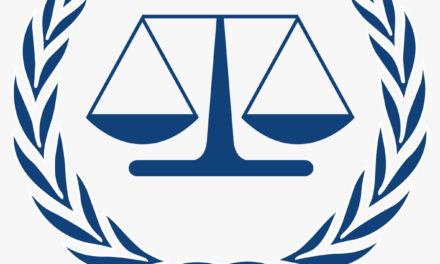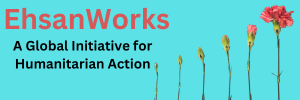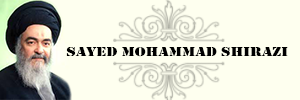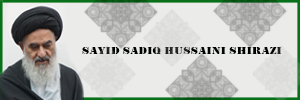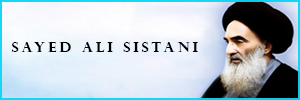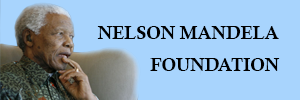Freemuslim Association Inc., is an ECOSOC Consultative Status Member since January 2016
General Facts about the United Nations ECOSOC Consultative Status
- The first venue by which non-governmental organizations took a role in formal UN deliberations was through the Economic and Social Council (ECOSOC). In 1945, 41 NGOs were granted consultative status by the council; by 1992 more than 700 NGOs had attained consultative status and the number has been steadily increasing ever since with more than 4,000 organizations today.
- Article 71 of the UN Charter opened the door by providing suitable arrangements for consultations with non-governmental organizations. The consultative relationship with ECOSOC is governed by ECOSOC resolution 1996/31, which outlines the eligibility requirements for consultative status, rights and obligations of NGOs in consultative status, procedures for withdrawal or suspension of consultative status, the role and functions of the ECOSOC Committee on NGOs, and the responsibilities of the United Nations Secretariat in supporting the consultative relationship.
- Currently, 4,189 NGOs enjoy active consultative status with ECOSOC. See list as of 1 September 2014.
- There are three types of consultative status: General, Special and Roster. Most new accreditations are in the Special category.
- Consultative status provides NGOs with access to not only ECOSOC, but also to its many subsidiary bodies, to the various human rights mechanisms of the United Nations, ad-hoc processes on small arms, as well as special events organized by the President of the General Assembly.
- Consultative status is granted by ECOSOC upon recommendation of the Committee on NGOs, which is composed by 19 Member States.
ECOSOC Consultative Status Member since January 2016
